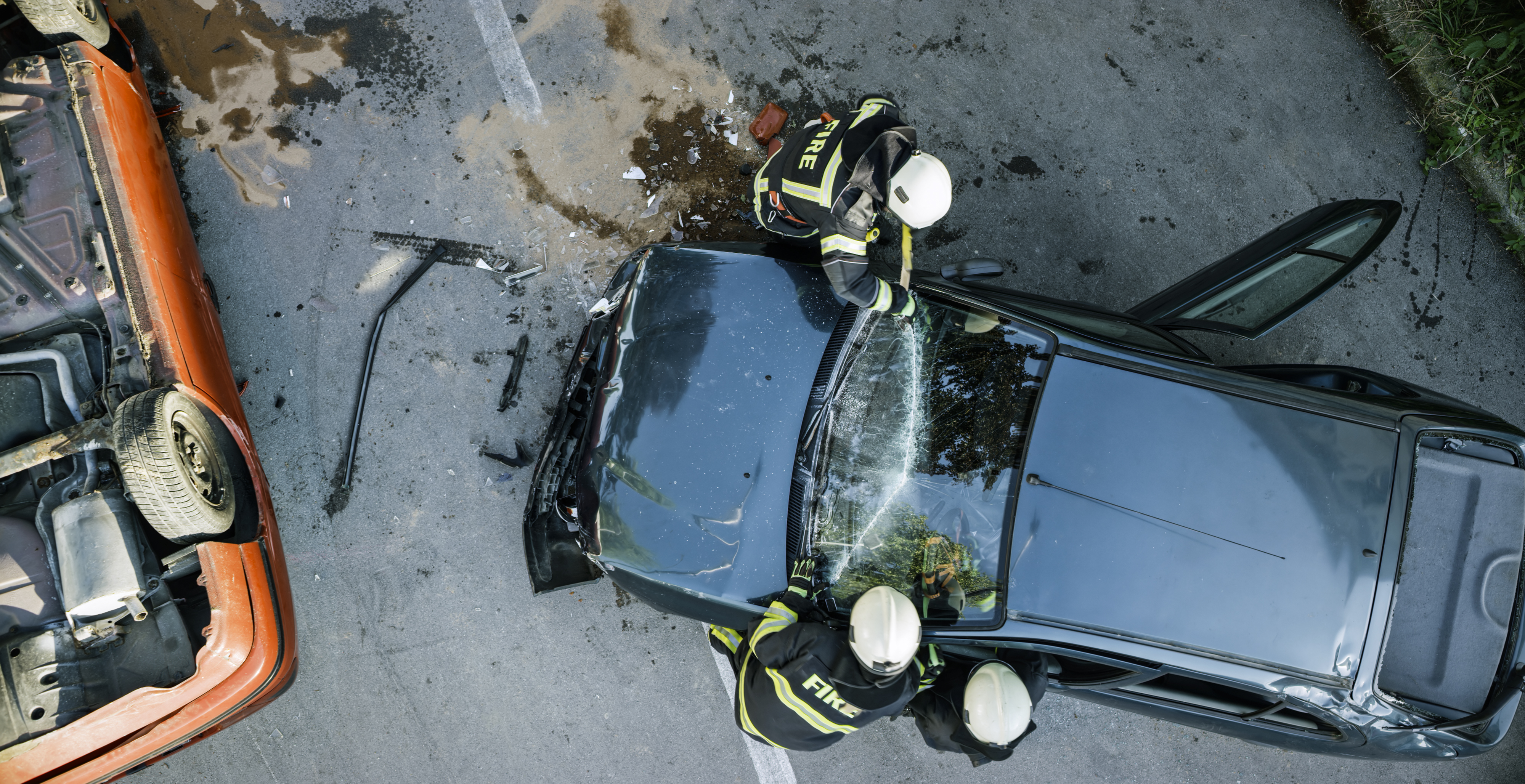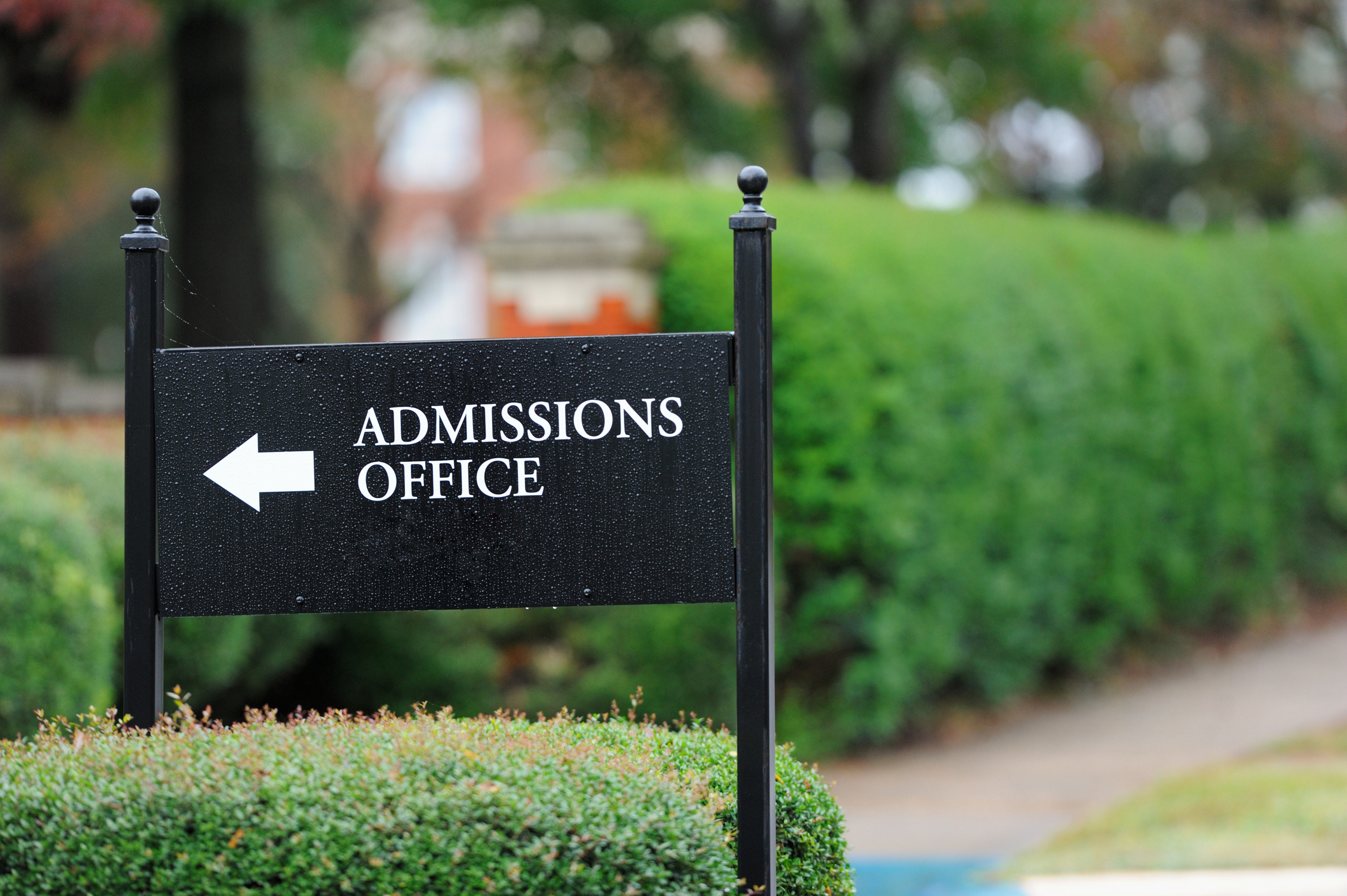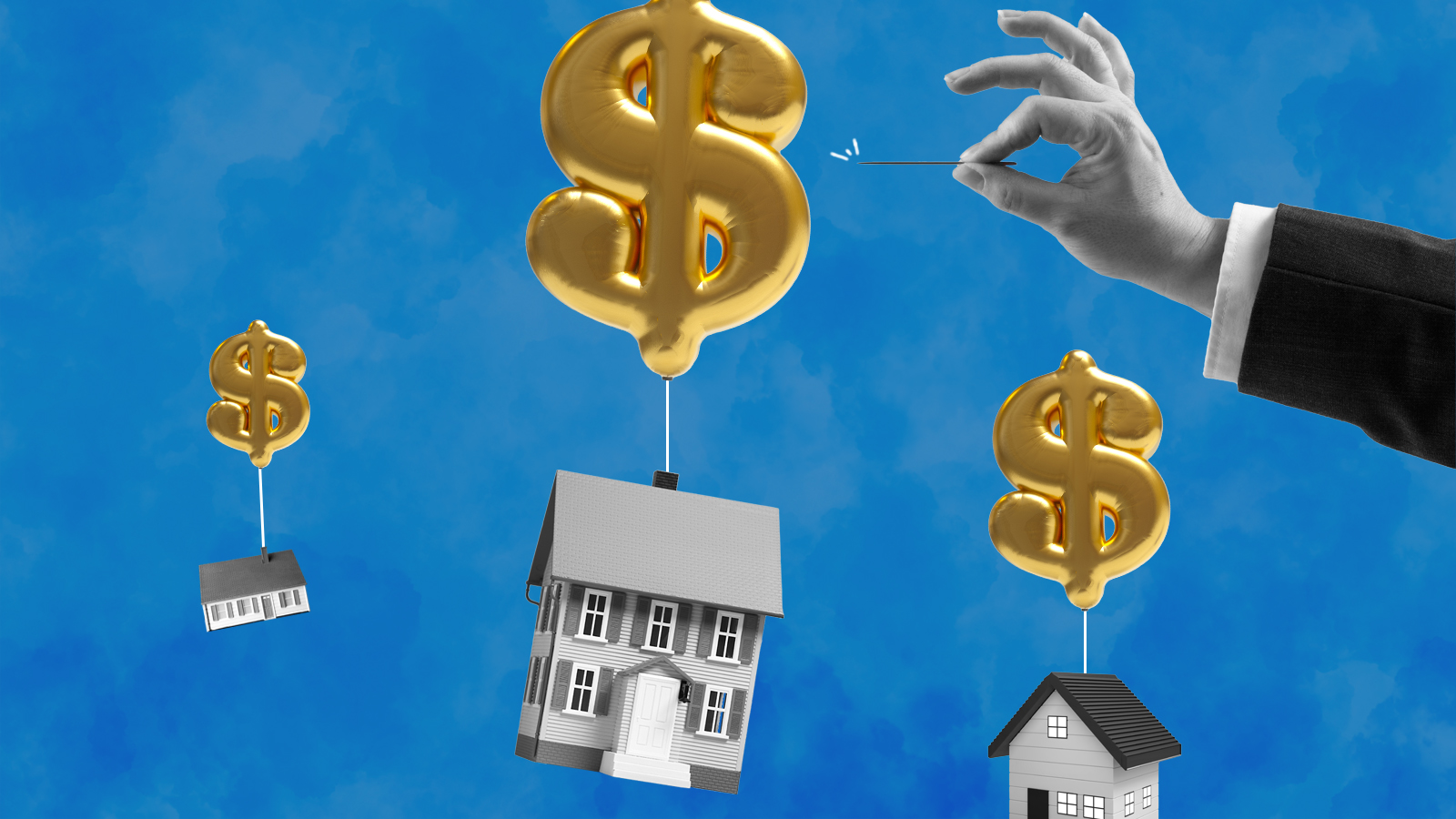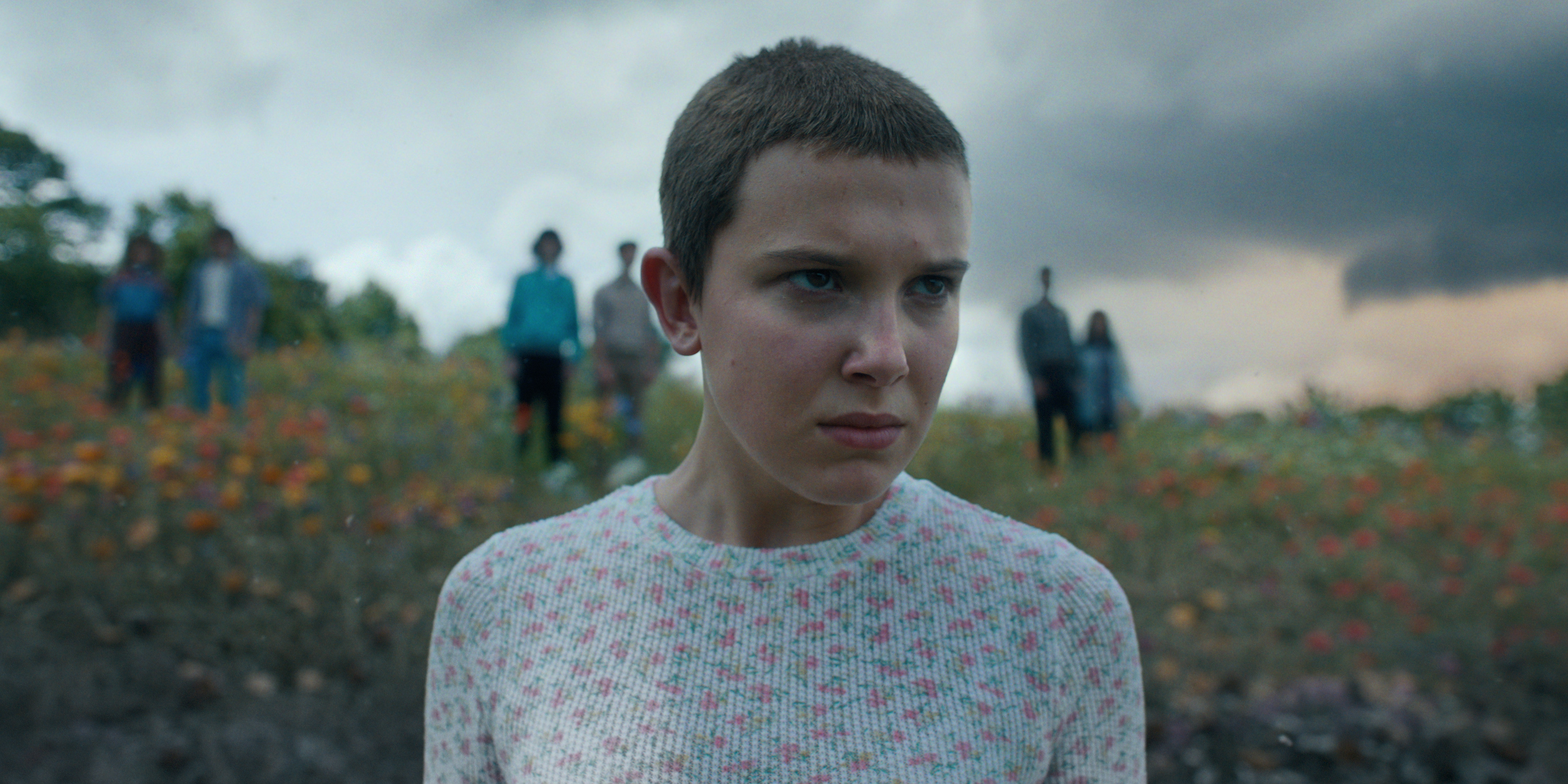Chaos on the roads
Across the country, traffic tragedies are piling up

A free daily email with the biggest news stories of the day – and the best features from TheWeek.com
You are now subscribed
Your newsletter sign-up was successful
Across the country, traffic tragedies are piling up. Here's everything you need to know:
What's gone wrong?
America's highways, city avenues, residential streets, and rural backroads are more dangerous than ever, as motorists who've been unhinged by the pandemic are driving like maniacs. In 2020, despite millions of workers staying home and traffic plummeting, there were an estimated 38,680 U.S. auto-related deaths — a 7 percent increase from 2019. As traffic started to normalize last year, roadway deaths jumped 18 percent, marking the biggest six-month increase since the federal government began tracking fatal crashes in 1975. There's been a surge of single-vehicle accidents and daredevil speeding, with California in 2020 issuing nearly 28,500 tickets to drivers topping 100 mph. Tragedies are piling up: Yolanda Bozonier, 59, of Pomona, California, was killed in bed when a drunk driver slammed into her house. A motorist in Yonkers, New York, drove into an oncoming sedan at such high speed that the collision split the second vehicle in half, killing four recent high school graduates. "People are flying down the roads," said Maine State Police Cpl. Doug Cropper. "It's just ridiculous."
The Week
Escape your echo chamber. Get the facts behind the news, plus analysis from multiple perspectives.

Sign up for The Week's Free Newsletters
From our morning news briefing to a weekly Good News Newsletter, get the best of The Week delivered directly to your inbox.
From our morning news briefing to a weekly Good News Newsletter, get the best of The Week delivered directly to your inbox.
Why so many crashes?
The most basic reason is that when highways and roads became much emptier because of COVID, it became easier for drivers to accelerate to lethal speeds. The pandemic also reversed decades of progress instilling safe driving habits. Fewer drivers are buckling seat belts, more are driving while using their phones, and as alcohol sales and drug overdoses have soared during the pandemic, so have DUIs: In one survey, more than 7 percent of adults admitted they were more likely to drive while impaired since COVID arrived. Among accidents resulting in deaths or serious injuries, the proportion of drivers who test positive for opioids has nearly doubled since 2020, and marijuana use has also increased substantially. But many sober drivers, too, act like they're racing in the Indy 500, safety be damned.
What's causing this behavior?
Psychologists say reckless driving is a symptom of widespread feelings of isolation, depression, resentment, and despair. "We might decide: What does a seat belt or another beer matter, anyway, when we're in the middle of a pandemic?" said Shannon Frattaroli, a researcher at Johns Hopkins University. Reckless driving can be an outlet for rebellion and boredom after being "cooped up" and subjected to restrictions "you chafe at," said Frank Farley, a Temple University psychology professor. David Spiegel of Stanford University says the rampant disregard for others' safety on the roads is connected to the sharp rise in homicides and the hostility toward mask and vaccination requirements. "That fundamental disrespect for social responsibility," Spiegel said, "is endangering all of us."
A free daily email with the biggest news stories of the day – and the best features from TheWeek.com
Where is it worst?
No corner of the country has been spared. U.S. rural areas continue to suffer a disproportionate number of crashes, mostly due to there being fewer medians and turning lanes. But urban areas certainly have felt the plague of reckless driving, too. In New York City, which introduced reforms in 2014 aimed at eliminating traffic deaths within a decade, traffic-related deaths shot up in 2020 to at least 243 — the highest toll since those programs took effect.
What about pedestrians?
They account for much of the spike in car-related fatalities. The spike in pedestrian deaths began before the pandemic, with cars killing roughly 6,600 pedestrians in 2019, a more than 50 percent increase from a decade earlier. That's largely because so many motorists now drive larger, heavier vehicles like SUVs and pickup trucks, which inflict more grievous injuries on pedestrians and cyclists. Fast driving on local roads is also a big factor. A recent study of the deadliest U.S. roads for pedestrians found most were in commercial areas bordering poor communities and had speed limits of at least 30 mph. Community anger boiled over in Washington, D.C., last year after the city recorded at least 40 traffic fatalities — a 13-year high — and more than 4,000 injuries. Six children were hit by cars in a one-week span last month, including 9-year-old Kaidyn Green, who may be paralyzed from the neck down.
What can be done?
The simplest solution is to get drivers to slow down. Most American roadways are engineered to maximize speed, and Virginia recently raised the threshold for reckless driving from 80 to 85 mph. More than 20 state traffic-safety bills proposed in the past two years went nowhere because legislators feared a political backlash from motorists. But lowering speed limits, enforcing traffic laws, and implementing "traffic calming" measures such as speed bumps all have been proven to reduce accidents. People like 9-year-old Peter Dziekan of Washington, D.C., are paying the price for the refusal to adopt these safety measures. He miraculously survived after getting hit by a speeding car in December while riding his bike. "I want people to drive safely," Dziekan said, "because I don't want other people to be in pain like this."
This article was first published in the latest issue of The Week magazine. If you want to read more like it, you can try six risk-free issues of the magazine here.
-
 Why are election experts taking Trump’s midterm threats seriously?
Why are election experts taking Trump’s midterm threats seriously?IN THE SPOTLIGHT As the president muses about polling place deployments and a centralized electoral system aimed at one-party control, lawmakers are taking this administration at its word
-
 ‘Restaurateurs have become millionaires’
‘Restaurateurs have become millionaires’Instant Opinion Opinion, comment and editorials of the day
-
 Earth is rapidly approaching a ‘hothouse’ trajectory of warming
Earth is rapidly approaching a ‘hothouse’ trajectory of warmingThe explainer It may become impossible to fix
-
 The video game franchises with the best lore
The video game franchises with the best loreThe Week Recommends The developers behind these games used their keen attention to detail and expert storytelling abilities to create entire universes
-
 The buzziest movies from the 2023 Venice Film Festival
The buzziest movies from the 2023 Venice Film FestivalSpeed Read Which would-be Oscar contenders got a boost?
-
 America's troubling school bus driver shortage
America's troubling school bus driver shortageSpeed Read Kids are heading back to school, but they might be having trouble getting a ride
-
 5 college admissions trends to watch out for this year
5 college admissions trends to watch out for this yearSpeed Read College advisers and admissions experts say these trends will shape the 2023-2024 admissions cycle
-
 What's going on with Fyre Festival II?
What's going on with Fyre Festival II?Speed Read Convicted felon Billy McFarland claims the music festival will happen, for real this time
-
 The answer to rising home prices: smaller homes
The answer to rising home prices: smaller homesSpeed Read Builders are opting for fewer rooms and more attached styles as frustrated homebuyers look for affordable options
-
 5 illuminating books about the video game industry
5 illuminating books about the video game industrySpeed Read Cozy up with a few reads that dig into some of the most fascinating parts of video game history
-
 Everything we know about the final season of 'Stranger Things'
Everything we know about the final season of 'Stranger Things'Speed Read The Netflix hit will turn things up to eleven in its final bow ... eventually